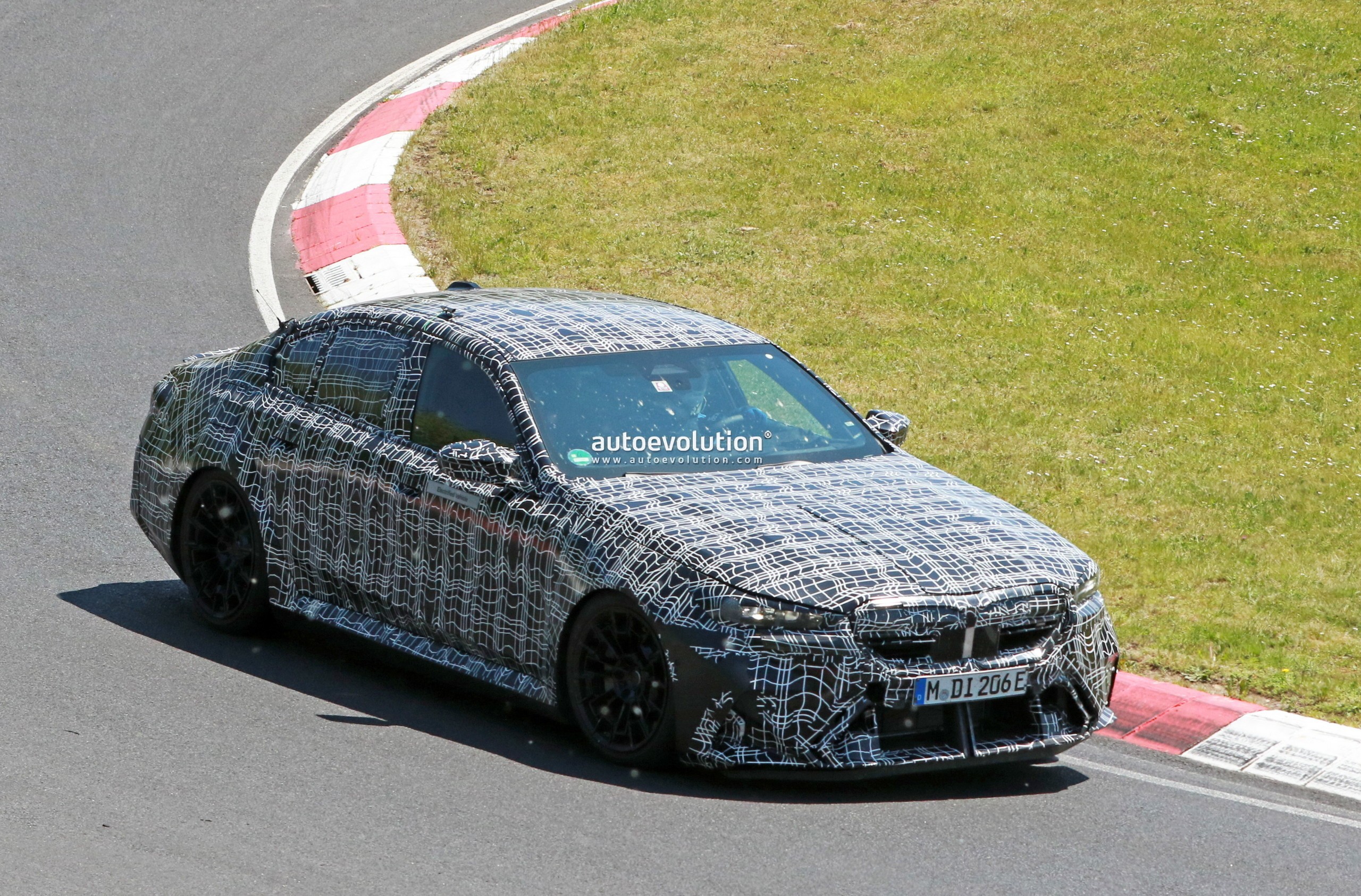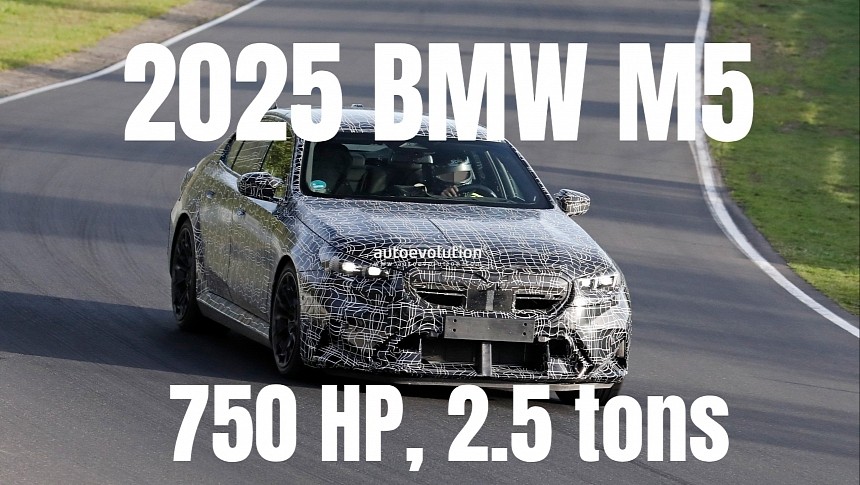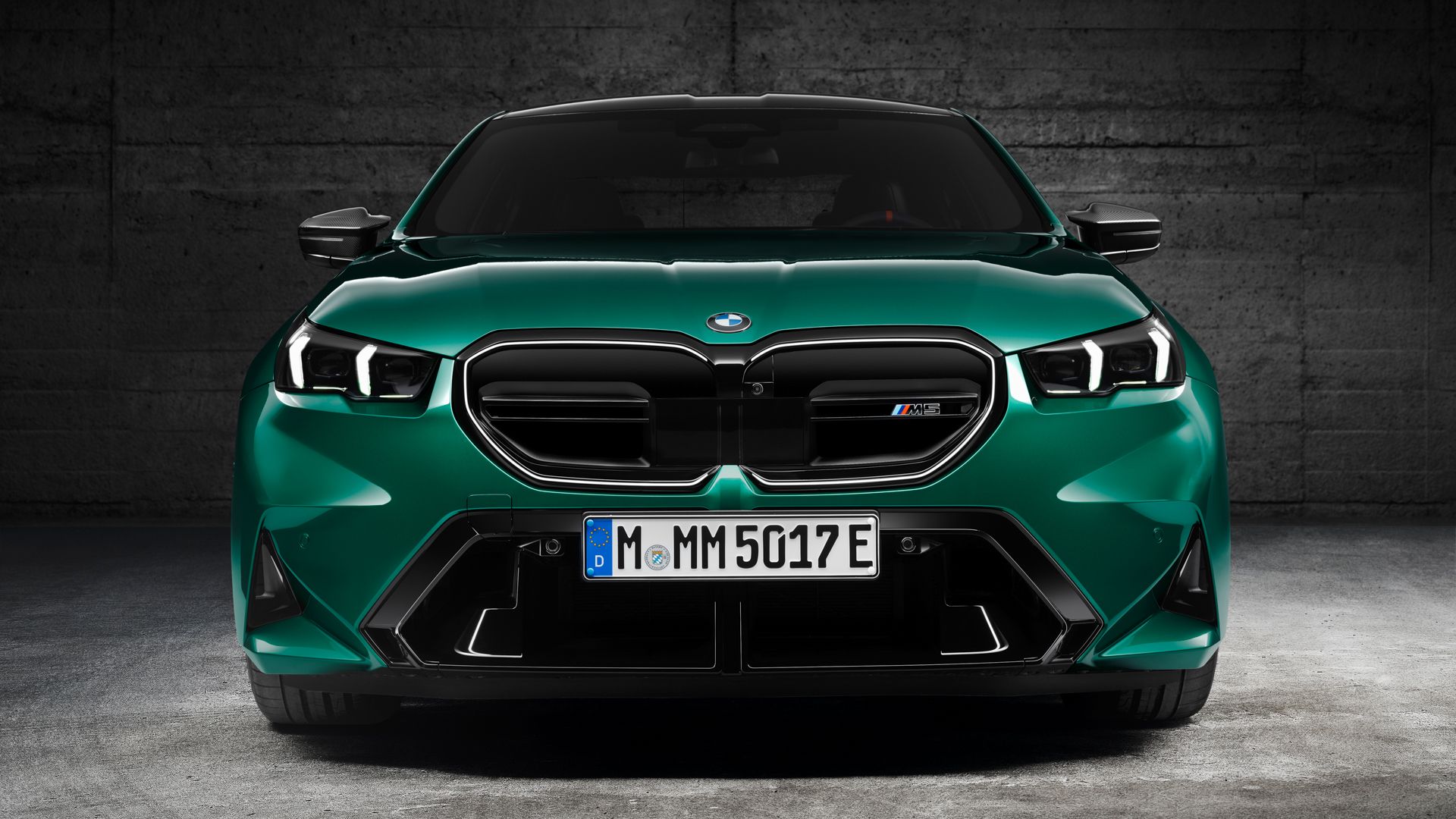The Elusive Weight: Unraveling The 2025 BMW M5’s Weight Mystery

The Elusive Weight: Unraveling the 2025 BMW M5’s Weight Mystery
The BMW M5, a name synonymous with performance and luxury, has always been a heavyweight contender in the high-performance sedan segment. But in the ever-evolving automotive landscape, weight reduction has become a crucial factor, impacting both performance and fuel efficiency. As we approach the potential launch of the next-generation M5 in 2025, speculation and anticipation are rife regarding its weight.
This article delves into the complex world of the 2025 BMW M5’s weight, exploring the factors influencing its potential curb weight, the importance of weight reduction, and the potential implications for performance and handling.
The Weight Game: A Balancing Act
The weight of a car is a delicate balancing act, influenced by a multitude of factors, each contributing to the overall curb weight:
- Engine and Drivetrain: The powertrain is a significant contributor to weight. The M5’s powerful V8 engine, coupled with its complex all-wheel-drive system, adds considerable heft.
- Chassis and Body: The M5’s robust chassis, designed for high-performance handling, and the luxurious interior with advanced features contribute to the overall weight.
- Materials: The choice of materials, whether steel, aluminum, carbon fiber, or a combination thereof, plays a crucial role in determining weight.
- Safety Features: Advanced safety features, such as airbags, collision avoidance systems, and lane departure warnings, add weight, but enhance safety.
- Optional Features: Customization options, including larger wheels, premium sound systems, and advanced driver assistance systems, can significantly impact weight.
The Weight Reduction Imperative: A Performance and Efficiency Quest
In the pursuit of performance and efficiency, weight reduction has become a critical focus for automotive manufacturers. A lighter car translates to:
- Improved Acceleration and Handling: Less weight means the engine needs to work less hard to accelerate, leading to quicker 0-60 mph times and improved handling agility.
- Enhanced Fuel Economy: A lighter car requires less energy to move, resulting in better fuel efficiency and lower emissions.
- Improved Braking Performance: Lighter cars require less braking force to stop, leading to shorter stopping distances and improved overall braking performance.
- Increased Agility and Responsiveness: A lighter car feels more nimble and responsive, offering a more engaging and rewarding driving experience.
The 2025 BMW M5: A Weighty Prediction
While official details are scarce, speculation suggests that the 2025 BMW M5 could adopt a variety of weight-saving measures:
- Extensive Use of Lightweight Materials: Expect to see increased use of aluminum, carbon fiber, and other lightweight materials in the chassis, bodywork, and even the engine components.
- Streamlined Design: Aerodynamic optimization, including a sleeker profile and reduced drag, can contribute to weight reduction.
- Optimized Powertrain: The M5’s V8 engine could be further optimized for efficiency, potentially using hybrid technology to enhance performance and fuel economy.
- Reduced Sound Insulation: While sacrificing some interior comfort, reducing sound insulation can lead to weight savings.
- Smart Technology: Integration of advanced technologies, such as lightweight wiring harnesses and intelligent control systems, can contribute to weight optimization.
The Weight Implications: Performance and Handling
The 2025 BMW M5’s weight will have a significant impact on its performance and handling characteristics:
- Acceleration and Top Speed: A lighter M5 will translate to quicker acceleration, improved 0-60 mph times, and potentially a higher top speed.
- Handling and Agility: A lighter car will exhibit improved handling agility, quicker turn-in, and enhanced responsiveness to driver inputs.
- Braking Performance: Weight reduction will lead to shorter braking distances and improved overall braking performance.
- Fuel Efficiency: A lighter M5 will be more fuel-efficient, reducing emissions and improving overall efficiency.
The Weight Debate: A Balancing Act of Performance and Practicality
The weight of the 2025 BMW M5 will be a subject of ongoing debate, with enthusiasts and critics weighing the trade-offs between performance, efficiency, and practicality.
- Performance Enthusiasts: Will prioritize a lighter car for its potential performance gains, emphasizing acceleration, handling, and braking.
- Practical Drivers: May prioritize a heavier car for its potential added comfort, interior space, and cargo capacity.
- Environmentalists: Will favor a lighter car for its improved fuel efficiency and reduced emissions.
Conclusion: The Weight of Expectation
The 2025 BMW M5’s weight remains shrouded in mystery, but it is clear that weight reduction will be a critical factor in shaping its performance, efficiency, and overall appeal. The pursuit of lighter weight promises to deliver a more agile, responsive, and fuel-efficient M5, while balancing the desire for luxury, comfort, and practicality.
As we approach the launch of the next-generation M5, the weight debate will continue, with enthusiasts and critics eagerly awaiting the official unveiling and the confirmation of its final curb weight. The 2025 BMW M5 will undoubtedly be a technological marvel, but it will also be a testament to the ongoing pursuit of weight optimization in the automotive industry.







